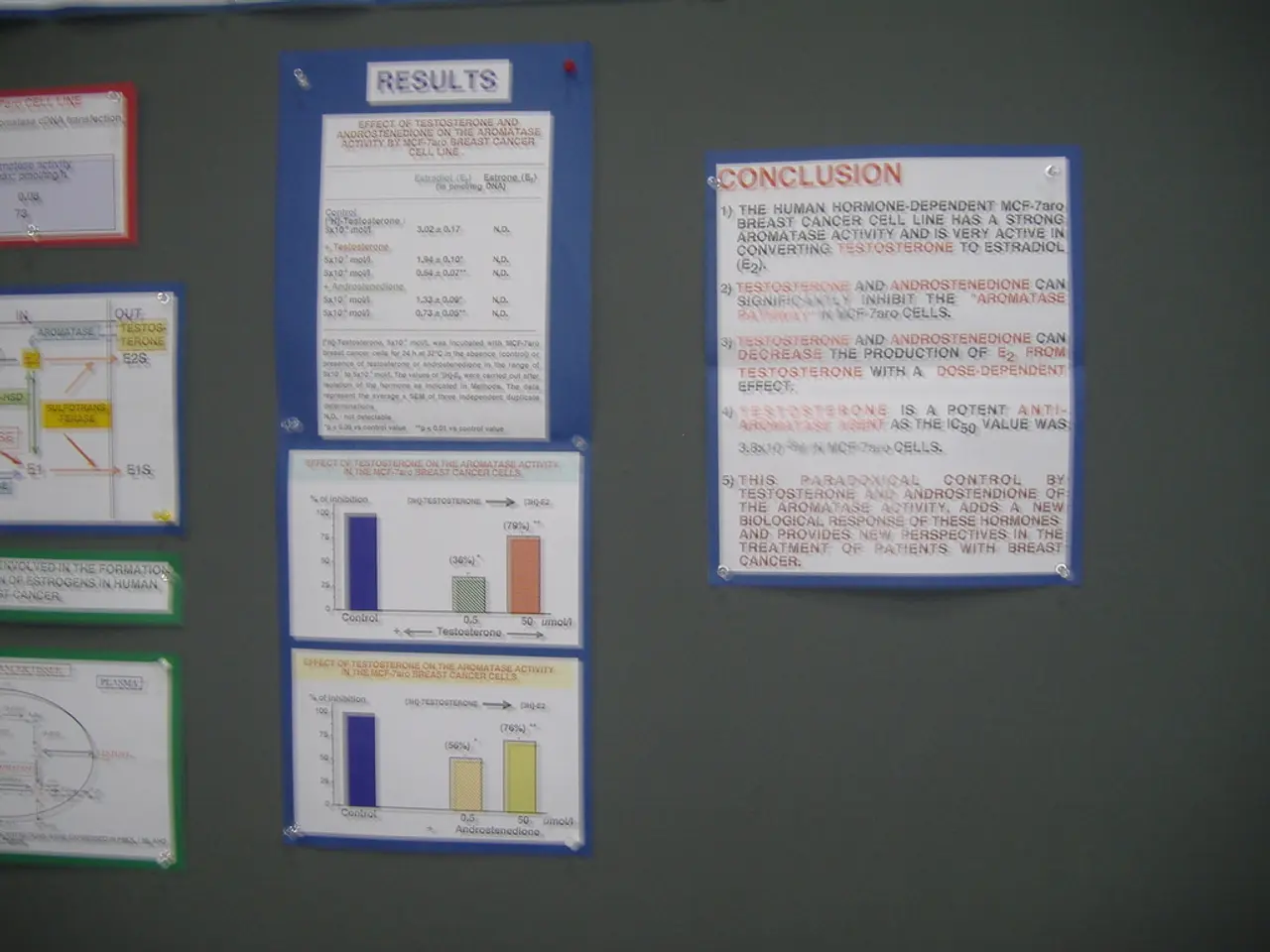Bavarian economy resists proposed EU tax / Head of BIHK Gößl declares: "We cannot sustain another economic burden"
The European Commission's proposed Corporate Resource for Europe (CORE) levy, introduced on July 16, 2025, has stirred a debate among businesses and policymakers. The levy targets companies with an annual turnover of at least €100 million, requiring an annual lump-sum contribution to the EU budget, calculated via a bracket system where higher turnovers result in larger payments. If adopted, it would start applying from January 1, 2028.
The plan's direct financial impact on Bavarian companies exceeding the turnover threshold is significant, as the tax is turnover-based, not profit-based. This means that these companies will face additional tax obligations, regardless of their profitability. The fear is that this levy could stifle competitiveness, especially as global competitors are offering support to attract investment and foster innovation.
Manfred Goessl, CEO of the Bavarian Industry and Commerce Chamber of Commerce (BIHK), has been vocal in his criticism of the plan, stating that it is the "wrong way" and should be stopped. He advocates for reducing barriers within the EU to enable growth and make it easier for companies to operate. Goessl maintains his vision of a successful and competitive Europe with reduced bureaucracy and regulations for business within the EU internal market.
The BIHK estimates that a tax on companies with an annual turnover of more than 100 million euros could affect approximately 1,700 companies in the Free State. This potential financial burden on large companies has raised concerns about competitiveness and growth.
Critics argue that instead of a lump-sum turnover tax, the EU should pursue ambitious tax reforms tackling corporate tax avoidance and focus on increasing effective tax rates for large corporations. This would address fairness without bluntly taxing turnover regardless of profit.
The ultimate economic impact of the CORE tax will depend heavily on political decisions and how the EU balances new tax revenues with growth-friendly policies. If the revenue generated is efficiently allocated to EU-wide programs that foster infrastructure, innovation, or sustainable growth, there is potential for positive spillover effects on the regional economy. However, given the significant industry pushback and political uncertainty, the risk is that this tax could deter investment and economic dynamism in Bavaria unless balanced by incentives and broader structural reforms.
In times of global uncertainties and lack of reliability in trade with the USA, Goessl emphasizes the importance of Europe standing on its own feet without burdening turnover-strong companies. The ifo Institute, on behalf of the IHK for Munich and Upper Bavaria, previously calculated that reducing a quarter of the existing trade barriers in services within the EU could permanently increase value creation by more than two percent, corresponding to over 350 billion euros. This underscores the potential benefits of reducing barriers within the EU to enable growth and make it easier for companies to operate.
Companies in the business sector are expressing concern over the financial implications of the CORE levy, particularly Bavarian companies exceeding the turnover threshold. Critics argue that instead of a lump-sum turnover tax, the EU should focus on ambitious tax reforms, such as tackling corporate tax avoidance and increasing effective tax rates for large corporations. This would address fairness without burdening turnover-strong companies unduly.




